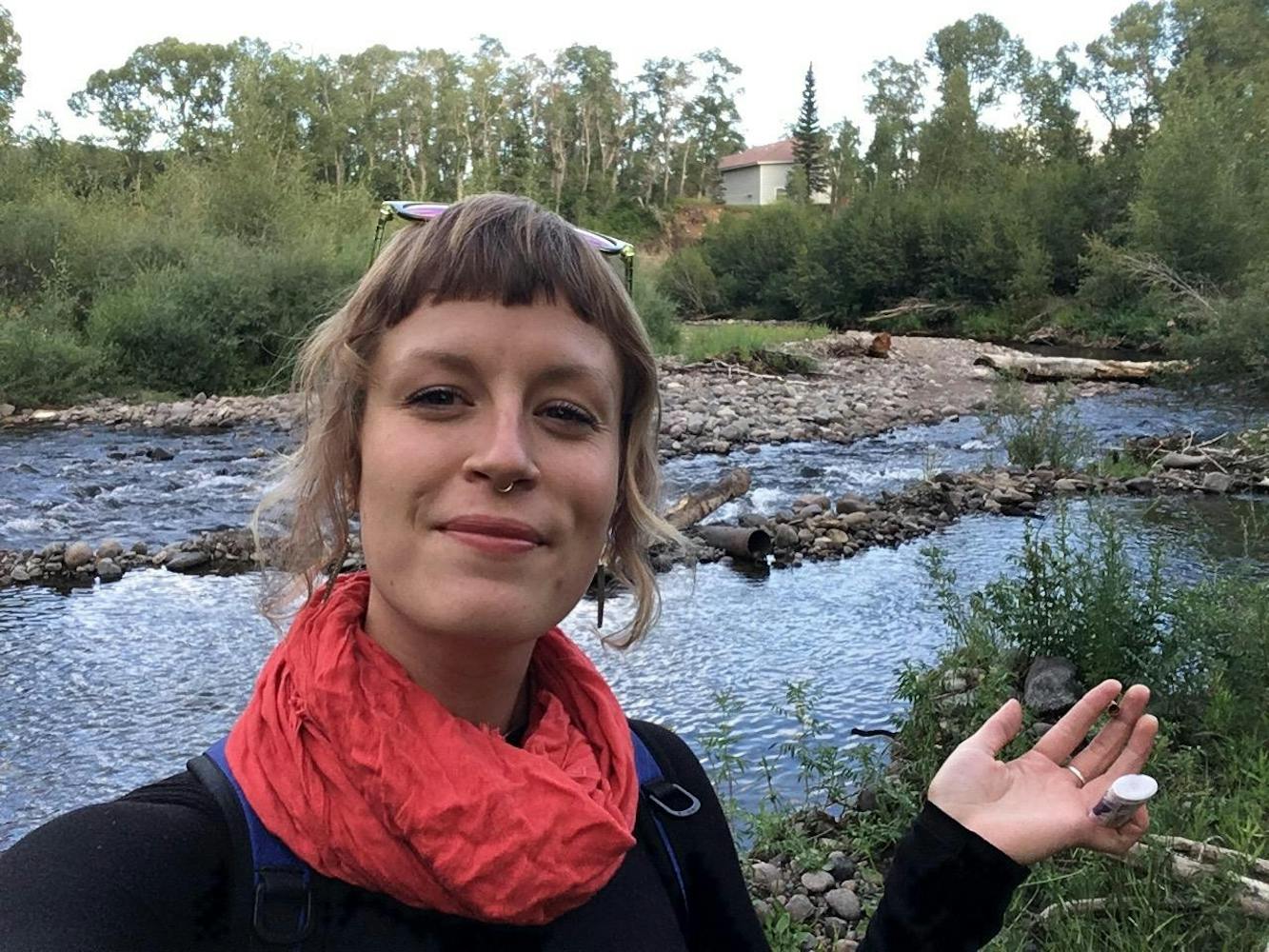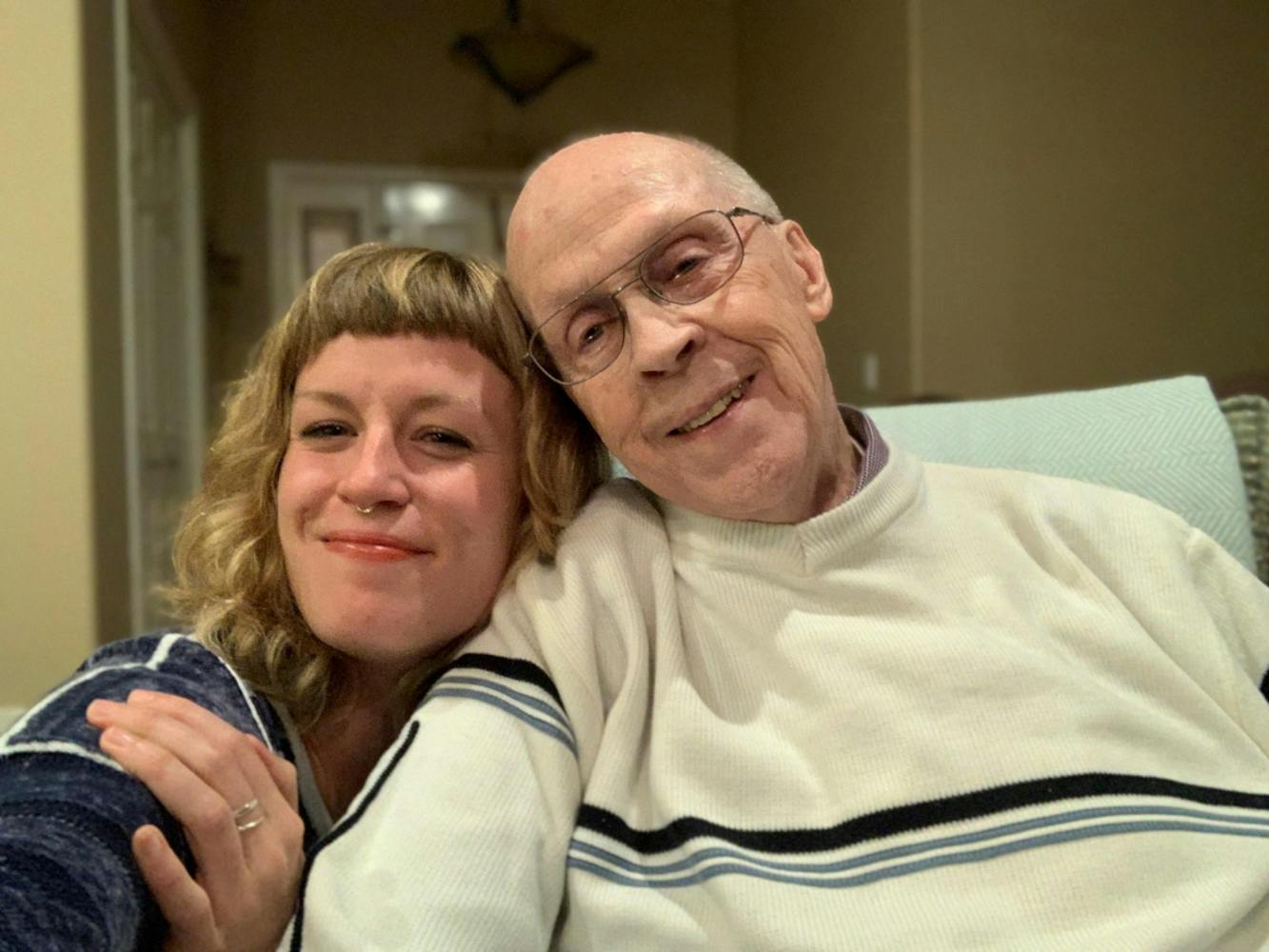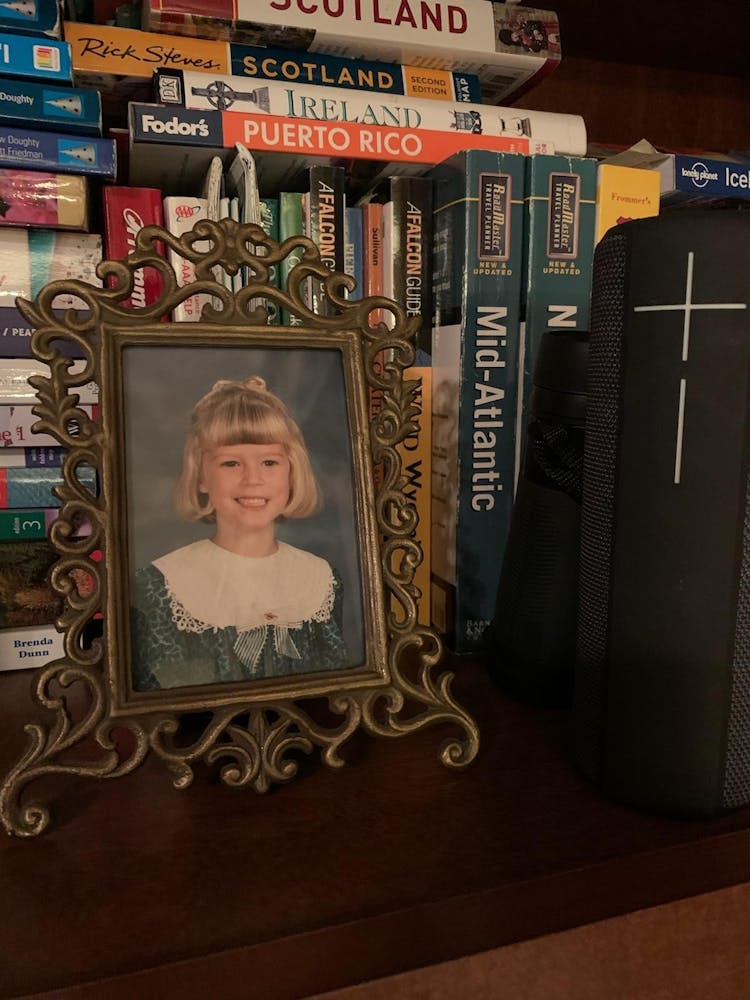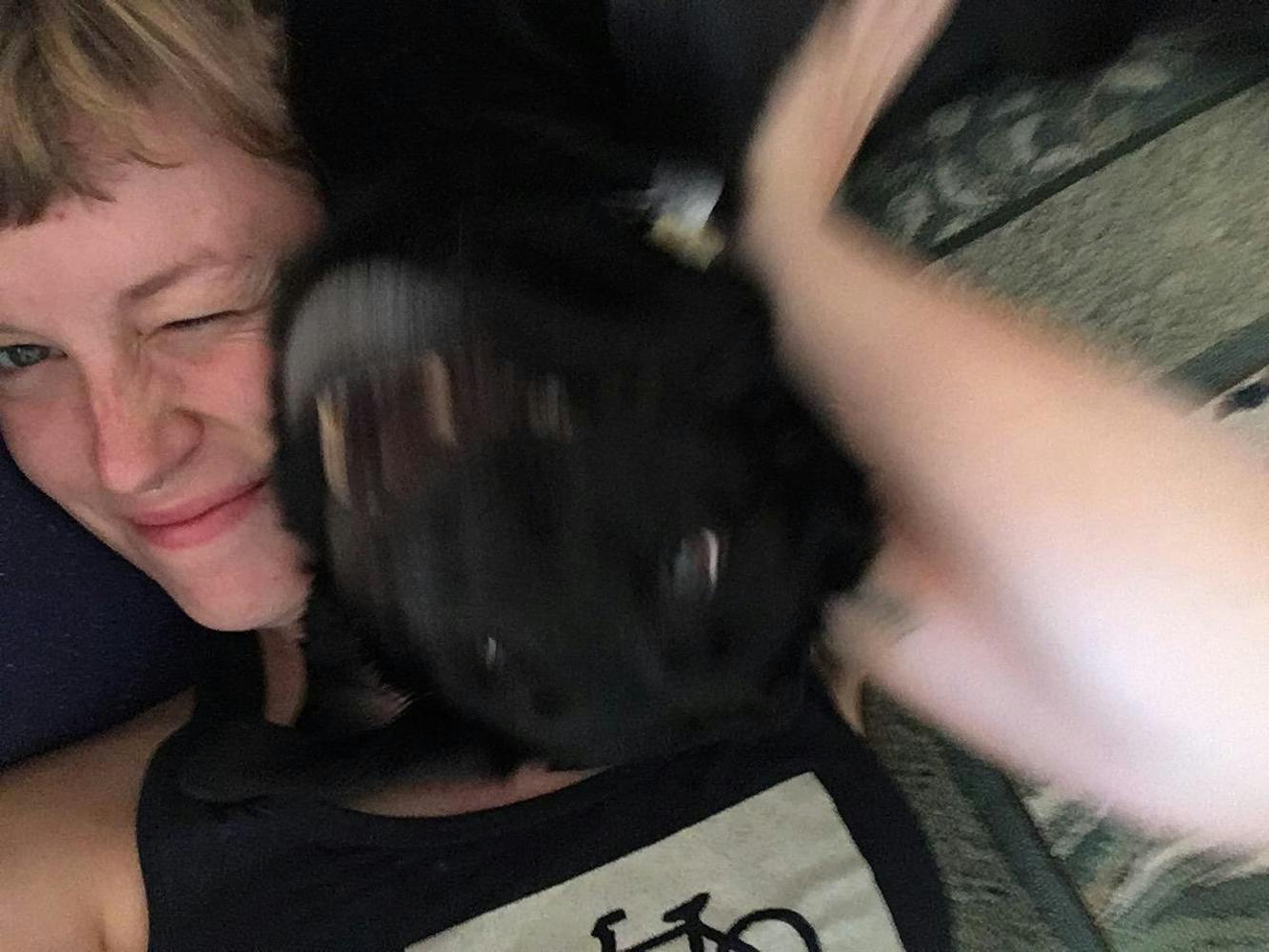In the wake of KUNM news director Hannah Colton’s death, a common refrain by friends, loved ones and community members circulated: “Check on your friends, and reach out if you need help.”
As two people who were very close to Hannah, we hear and appreciate the gesture. Creating communities of care and resilience is important. But checking on Hannah, asking that she reach out, did not solve the underlying problems that led to her death.
Hannah was a journalist who led a chronically understaffed and resource-deprived newsroom, no different than most other newsrooms and many nonprofits. Every day she confronted very real structural violences of a world organized around profit and white supremacy.
We must confront and transform these systems that have shaped our world into a place that prioritizes wealth accumulation over community wellness. Capitalism and white supremacy individualize collective problems, fueling the cultural mindset that each of us individually is solely responsible for our own well-being and the well-being of those close to us. They work to weaken and dissolve the collective obligations of care that we have to one another.
A world organized around profits at the expense of people is a world full of preventable death and despair. These systems are not based on human needs but on exploitation and extraction that grind humans down for the benefit of a ruling class. Capitalism objectifies human beings into “resources” requiring management, our labor optimized for profit, while white supremacy reinforces the resulting hierarchy as just and natural.
Hannah rejected that worldview. She was a powerful advocate for her staff at KUNM, and she recognized her obligation to collective well-being. When the COVID-19 pandemic reached New Mexico, Hannah was instrumental in a station-wide effort that pushed for everyone, including immunocompromised radio hosts, to be able to work from home.
Reaching out to friends, building healthy relationships, and weaving networks of support and kinship are all essential for surviving capitalism and white supremacy. But if this kind of communal care ignores or obscures the structural forces that produce suffering, we end up reinforcing — rather than fundamentally transforming — those systems of harm. As long as capitalism, imperialism and white supremacy rule our lives, we will lose dear ones to self-harm and suicide, no matter how much love and care we express and share together.
Hannah was the kind of reporter who did not allow these systems to define her. She was a movement journalist, someone who practices journalism that meets the needs of communities directly affected by injustice, who actively engages in unlearning transactional and extractive interactions and who does away with the myth of objectivity.
Her reporting focused on exactly what other media outlets ignored or mischaracterized. After local extremist Stephen Baca shot artist and activist Scott Williams during a June protest in Old Town, Hannah called Austin for advice about what questions to ask Williams’ parents while he was still in the hospital.
Later, the right-leaning daily newspaper Albuquerque Journal published a story that amounted to a public relations piece for a white supremacist militia group, and an NPR reporter attempted to cover the shooting without actually being in the state. Hannah, reporter/producer Marisa Demarco and the KUNM newsroom refused to air the NPR story, opting instead to run an interview with a Native scholar about media coverage of the militia group, along with context about white vigilante violence in New Mexico.
Hannah was also an abolitionist. She believed in decolonization, decarceration and dismantling the patriarchy. These are systems of oppression she studied, reported on and took time with family and friends to explain. She understood what it means to be a settler on unceded Tiwa land, devoting enormous time and energy to learning about and uplifting Indigenous-led struggles for sovereignty and liberation. Hannah understood that prisons, jails and detention centers do not promote community well-being. Through principled, dogged reporting, she revealed the abject conditions in these facilities that criminalize and warehouse poor people. Hannah understood that dismantling patriarchy means being a staunch ally for transgender and non-binary people, and she gave her time and money to directly support these targeted populations.
Hannah loved and believed in people. She often included humanizing details that more mainstream journalists might leave out, particularly in her reporting on marginalized and targeted populations. She was a gifted and affirming listener who took great pains to center the people whose stories she told.
Get content from The Daily Lobo delivered to your inbox
A deeply empathetic person, Hannah was learning and unlearning while still living amidst the horrors and suffering of capitalism, white supremacy and settler colonialism. Covering these issues every day in her reporting, too often for many unpaid hours, gave meaning to Hannah’s life. But she had no reprieve from the secondary trauma she absorbed in witnessing and listening to the struggles and suffering of people she interviewed and whose stories she helped tell. The more she studied capitalism and white supremacy and understood her place as a white settler woman, the more she projected structural harms onto her individual actions. Facing up to these oppressive systems carved a deep, gnawing void in her.
Make no mistake: Hannah was a fierce hunter for truth and justice with a towering moral analysis and unshakable drive to do the right thing. But she carried weight that was never hers to hold alone.
We honor Hannah’s life by committing to resist and organize against these systems. Collective care, checking in on loved ones — these are essential. But those actions alone are not enough. Hannah knew that and put it into practice. We should, too.
-Keegan Kloer and Austin Fisher
Here are just some of the local groups doing anti-capitalist, anti-imperialist, care-centered work that Hannah supported:
Millions for Prisoners New Mexico









